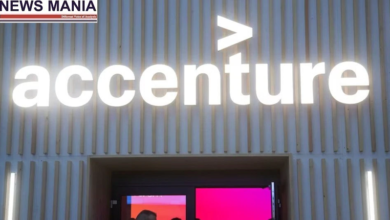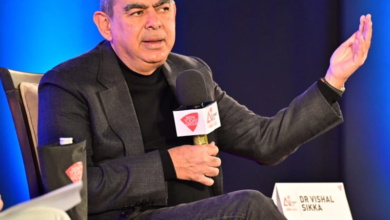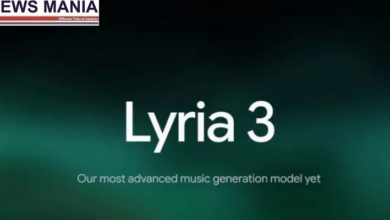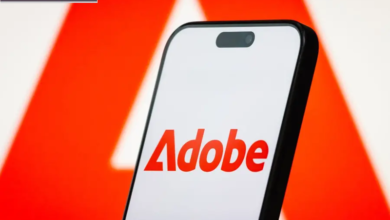The AI Conundrum: How Artificial Intelligence Could Shape the Future of Entertainment
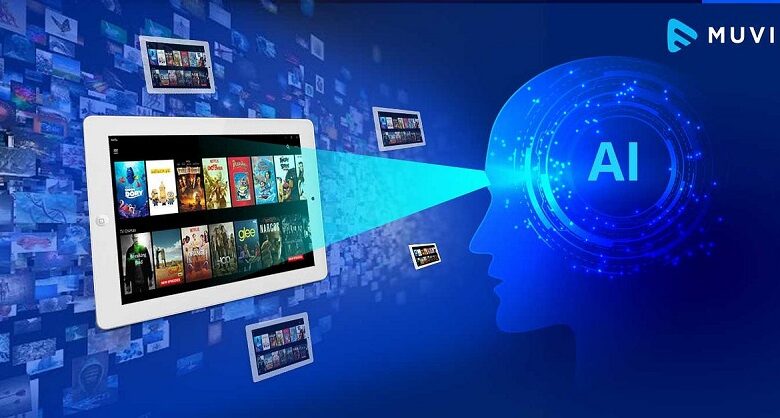
As the film and television industry grapples with its current standstill, an unexpected solution looms on the horizon: artificial intelligence (AI). While the capabilities of AI may promise perpetual youth for actors, endless storylines, and perpetually running TV shows, the prospect raises a critical question—is this innovation pushing entertainment boundaries too far and jeopardizing the very essence of filmmaking and television?
The potential integration of AI into the entertainment landscape has sparked heated debates within the Writers Guild of America (WGA) and the Screen Actors Guild-American Federation of Television and Radio Artists (SAG-AFTRA) during their ongoing negotiations with the Alliance of Motion Picture and Television Producers (AMPTP). The implications of AI in these realms are vast and complex, with concerns surrounding the potential replacement of writers and actors—both leading and background roles. As these unions strive for guarantees against such displacement, the entire industry remains at a crossroads.
Futurist SinéadBovell recently shared her insightful predictions for television’s future, coupled with its evolving relationship with AI, during an appearance on the CTV show “The Social.” Drawing parallels with the current preference for audiobooks, Bovell painted a picture of a future where authors could employ AI to automatically generate visual components to accompany their written works. This synthesis of written and visual content could redefine storytelling for generations to come.
Moreover, Bovell introduced the concept of generative artificial intelligence that could potentially perpetuate TV shows indefinitely. In this scenario, series would never have to conclude; AI could seamlessly craft additional episodes and sequels, generating an ongoing storyline. While this notion could revolutionize storytelling, it also raises questions about the core essence of artistic expression, human creativity, and the very act of creation.
Yet, this AI-driven vision comes with a significant caveat—it may be the ultimate cost-cutting tool for studios. With AI handling both storylines and visual elements, the need for writing staff and actors could diminish, transforming the production landscape entirely. Bovell’s insights prompt contemplation about the trade-offs between efficiency and the integrity of entertainment artistry.
However, this futuristic landscape remains a few years away from becoming technically feasible. As Bovell aptly noted, the streaming era has accustomed us to the “play next episode” button, which could evolve into a “generate next episode” command, with options to customize characters, plots, and settings. The evolving dynamic between AI and storytelling presents a fascinating blend of technological innovation and creative exploration.
A recent example of AI’s convergence with entertainment was witnessed in the latest season of Netflix’s “Black Mirror.” The show, renowned for its prescient narratives, incorporated AI livestreaming to shape its narrative. This experiment serves as a reminder that speculative storytelling can often become reality, urging the industry to critically evaluate its direction.
In response to this potential AI revolution, the WGA has published its proposal for the regulation of AI use in projects under its purview. Their proposition seeks to limit AI’s role to prevent it from directly writing or rewriting literary content and using MBA-covered material for training AI models. However, the WGA’s proposal has faced resistance from the AMPTP, who countered with the offer of annual discussions to address technological advancements.
The integration of AI into the entertainment landscape is undoubtedly a double-edged sword. It offers unprecedented possibilities for efficiency, innovation, and extended narratives. Still, it also challenges the fundamental values of creative expression, human imagination, and the essence of storytelling. The ongoing negotiations between industry unions and producers are emblematic of the broader conflict—a struggle between embracing technological progress and safeguarding the unique essence of entertainment as a deeply human art form.
News Mania Desk / Agnibeena Ghosh 23rd August 2023



